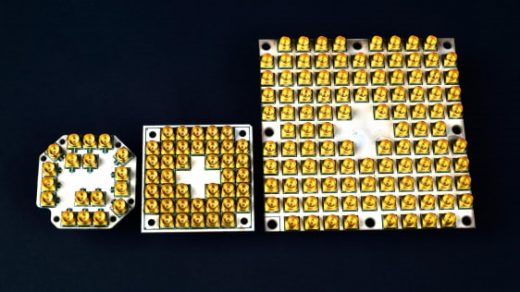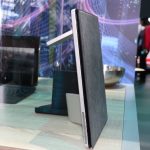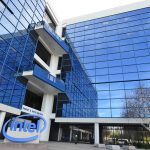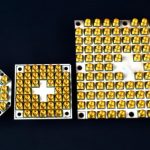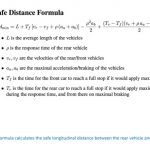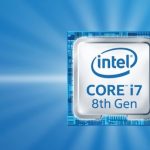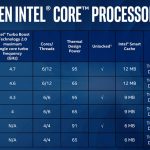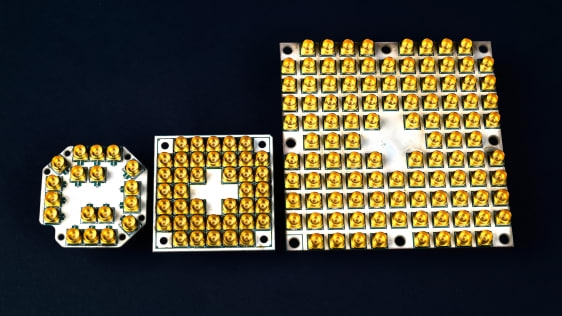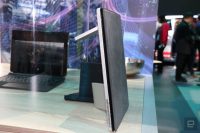Intel’s New Chip Aims For Quantum Supremacy
For years, quantum computing seemed about as real as the Star Trek transporter or Doctor Who’s TARDIS. Okay, quantum computers obey actual laws of physics. But they are based on such weird laws–Einstein called them “spooky”–and they worked so marginally that the machines were virtually science fantasy. That’s starting to change. When the biggest maker of chips for regular old PCs and Macs hits an engineering milestone for quantum computing, a mainstream future seems possible. That happened this week when Intel announced at CES that it has created a chip that’s the size of a hand and contains 49 quantum bits, or qbits, the fundamental building blocks of a quantum computer.
That may not sound like much for a company that routinely puts 3.2 billion transistors on a 1.2-by-2.3 inch smidgen of silicon (the latest Core i7 processor). But those 49 qbits can already do something that almost no traditional computer, even a supercomputer, can: solve a sorting problem that has up to 5.63 trillion possible outcomes. This is right around a milestone called “quantum supremacy”–the point at which a standard computer can’t even simulate a quantum machine.
The promise of a quantum computer comes from one of those spooky aspects of quantum physics, whereby each qbit can hold two (or more) values simultaneously. Each time you add a qbit, you raise two to a higher exponent value. In this case, two raised to the 49th power yields 562,949,950,000,000 variations that can be compared at once. This technique is ideal for certain types of calculations, like speculative chemistry research that simulates the interactions of dozens of electrons, around multiple atoms, at once. It’s also useful for cracking digital encryption.
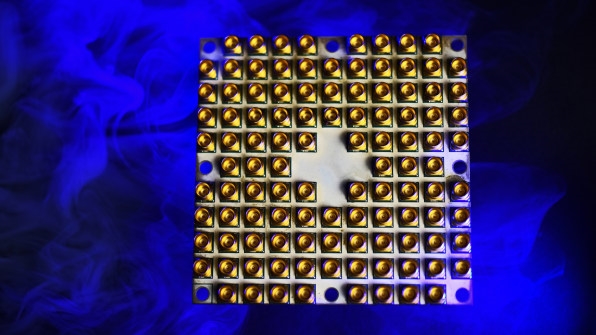
[Photo: Walden Kirsch/Intel Corporation]
Intel isn’t the first company to get to here. IBM announced a 50-qbit prototype chip in November. Google, which has announced a 22-qbit machine, likely has something around 49 qbits in the works, says quantum computing industry analyst Doug Finke. Many smaller companies, like Berkeley, CA-based Rigetti, are also making strides toward supremacy. (Finke keeps scorecards of companies’ progress on his site Quantum Computing Report; see the current top five below. Caveat: Not all qbits are equal, so casual comparisons are tricky.)
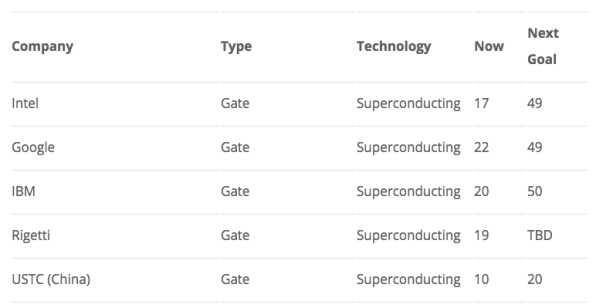
All these chips are still research projects, prone to plenty of errors. A reliable quantum computer will need lots of redundant qbits to guarantee accuracy, for instance. Million-qbit chips may exist some day–with a lot of miniaturization so they don’t cover a football field. (And it’s hard to even guess what a security bug analogous to the recently discovered Meltdown and Spectre vulnerabilities affecting mainstream processors might look like.) “Quantum supremacy is a milestone,” says Finke, “but you really have just one step in terms of many, many, many more that are going to happen over the next several decades.”
Fast Company , Read Full Story
(43)

